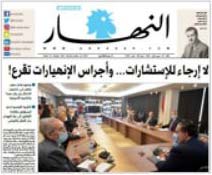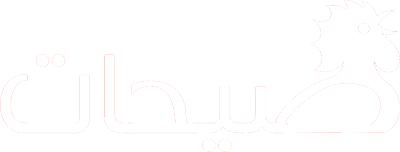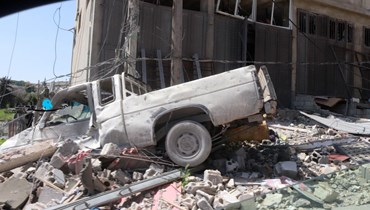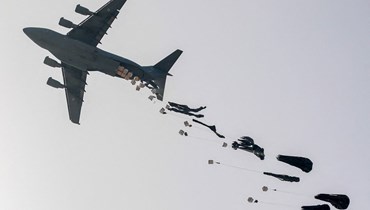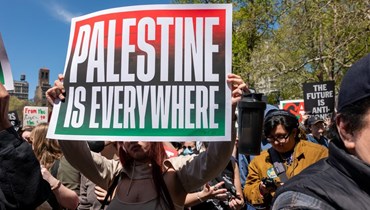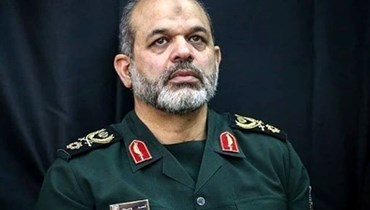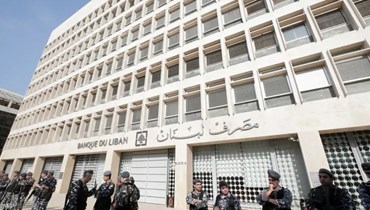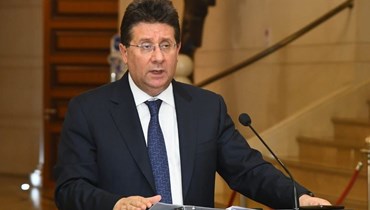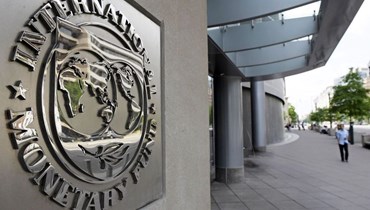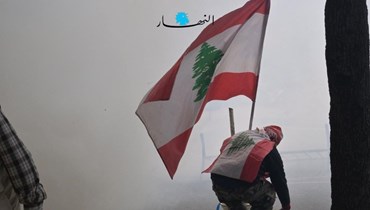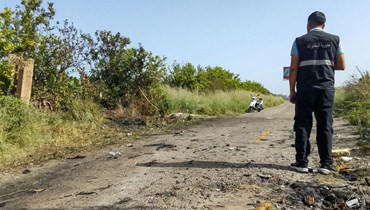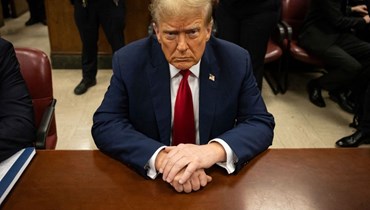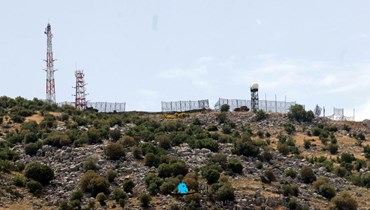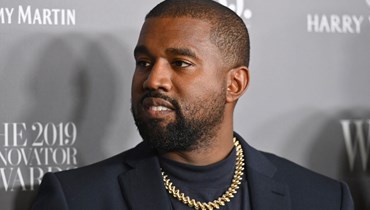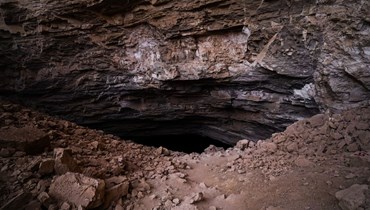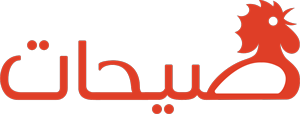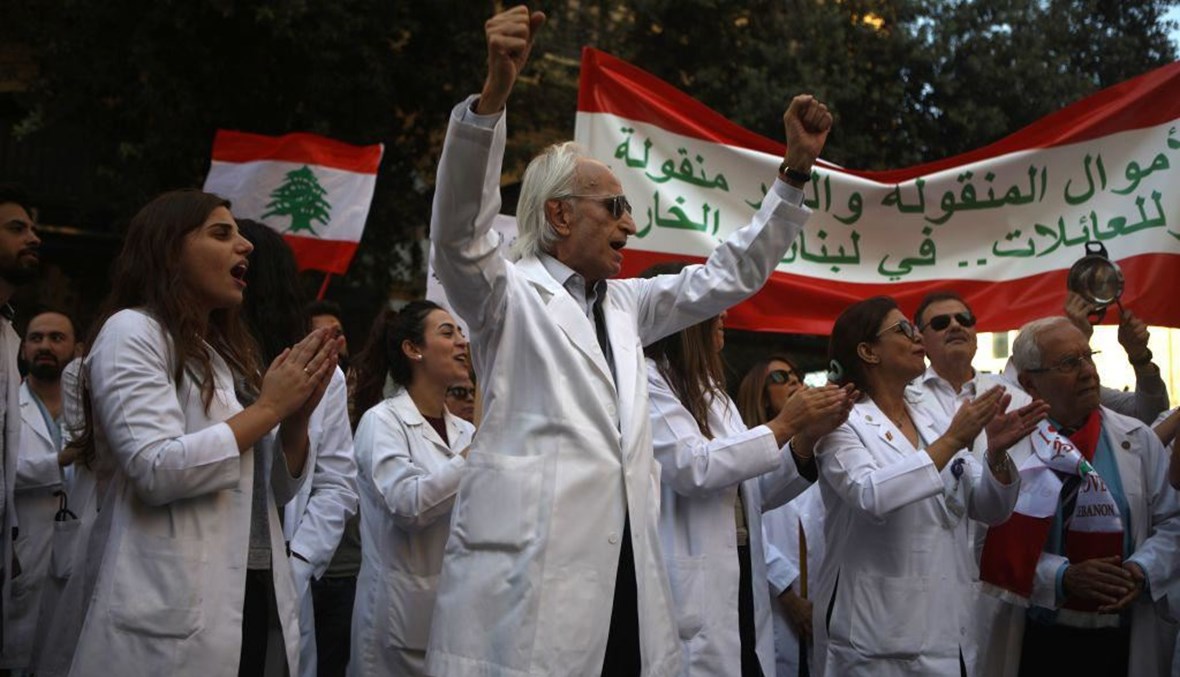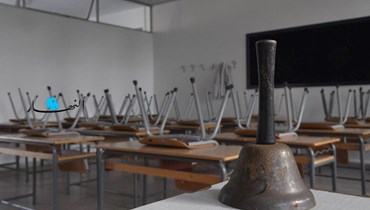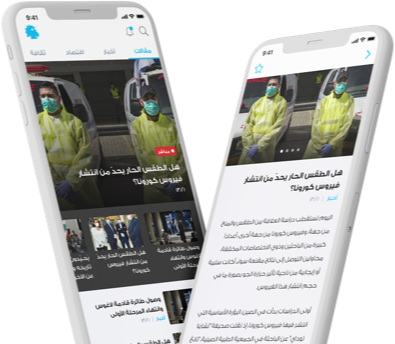An Immediate Rescue Plan to Save the Medical Sector
11-10-2021 | 01:48
المصدر: Annahar
Dr. Karl Jallad*
Throughout medical school and residency, I worked in over 10 hospitals and have seen my fair share of atrocities, but what could possibly prepare me for what I witnessed on August 4, 2020? Never could I have imagined that I would find myself in the midst of the largest non-nuclear explosion.
Throughout medical school and residency, I worked in over 10 hospitals and have seen my fair share of atrocities, but what could possibly prepare me for what I witnessed on August 4, 2020? Never could I have imagined that I would find myself in the midst of the largest non-nuclear explosion.
Like many of those who have grown up in Lebanon, I’ve become accustomed to the sounds of war planes and bombs. However, on that night, things were different. The sound of the explosion and the reverberations of the blast made it instantly clear that this was no ordinary bombing. Within seconds of the blast, doctors, nurses, and anyone with basic first aid skills were urged to rush to the nearest hospital and help.
I drove frantically through what felt like a scene from the movie Armageddon - glass everywhere, people screaming, blood flowing like a river. It was impossible to reach the hospital by car. I ran across the city, wobbling over glass debris that pierced the soles of my feet and jolted me awake. My phone rang off the hook with dozens of injured friends desperate to secure access to a hospital and locate lost and missing family members.
After an endless race across the city, I made it to one of the main hospitals in the country, but instead of a sense of security and relief, I was horrified to find the hospital in near-ruins. The wounded were scattered along surrounding sidewalks in complete despair, having lost a limb, an eye, or a loved one. I quickly learned that two neighboring hospitals were hit even harder and were not operational.
I wanted nothing more than to cry out, surrender, and run home to embrace my petrified family. But then I heard my name. One of our closest friends was sitting on the floor covered in blood and severely bruised. She needed help. Her husband and daughter were sent to another hospital and she was on the verge of fainting. Suddenly, I felt a surge of strength and focus. I looked around and saw hundreds of healthcare workers, students, retired physicians, and nurses responding to the urgent calls. In the midst of chaos, we now had an army of volunteers. I witnessed true solidarity from people of all sects, backgrounds and age groups.
I drove frantically through what felt like a scene from the movie Armageddon - glass everywhere, people screaming, blood flowing like a river. It was impossible to reach the hospital by car. I ran across the city, wobbling over glass debris that pierced the soles of my feet and jolted me awake. My phone rang off the hook with dozens of injured friends desperate to secure access to a hospital and locate lost and missing family members.
After an endless race across the city, I made it to one of the main hospitals in the country, but instead of a sense of security and relief, I was horrified to find the hospital in near-ruins. The wounded were scattered along surrounding sidewalks in complete despair, having lost a limb, an eye, or a loved one. I quickly learned that two neighboring hospitals were hit even harder and were not operational.
I wanted nothing more than to cry out, surrender, and run home to embrace my petrified family. But then I heard my name. One of our closest friends was sitting on the floor covered in blood and severely bruised. She needed help. Her husband and daughter were sent to another hospital and she was on the verge of fainting. Suddenly, I felt a surge of strength and focus. I looked around and saw hundreds of healthcare workers, students, retired physicians, and nurses responding to the urgent calls. In the midst of chaos, we now had an army of volunteers. I witnessed true solidarity from people of all sects, backgrounds and age groups.
I was convinced that we had hit an all-time low.
A year later, as I reflect and recount that horrific day, I am baffled by our current situation. The banking crisis has worsened; the devaluation of the Lebanese pound is exponential; the shortage of medications is relentless; the exodus of capable physicians and nurses is alarming. Is this the new rock-bottom? How much more can we handle? How much more can patients handle? How much more can Lebanese people handle?
Despite this grim picture, I still have faith in our beloved nation and its people. Although many healthcare workers have left, more remain solidly anchored. Hospitals have been rebuilt, buildings repaired, school re-opened, and the neighborhood bustle is gradually reviving itself. Several noble initiatives have been possible thanks to private funding, and international and local NGOs are working tirelessly to resuscitate Beirut.
Nurses put their lives at risk on a daily basis only to make an income that barely covers their gas expenses. What really fuels them to come to work is their dedication to provide the best possible care for their patients. Medical students and doctors in training risk their lives at the frontline of the COVID-19 pandemic. They study between shifts, support their families, and come to work ready to provide the best possible care for their patients.
The schools’ re-opening two weeks ago has brought an immense sense of relief. One of the strongest and most essential sectors in Lebanon was on the verge of total collapse, but fortunately we avoided catastrophe. With the banking sector gone, two major sectors need to remain functional; education/schooling and healthcare. It is impossible to maintain the medical sector without a complete political and regional solution. However, an immediate rescue plan is necessary to save what’s left and put a halt to the massive exodus.
Lebanon has trained countless doctors, and in every city you go across the world you will find a Lebanese doctor. Although they never received any support from their own government and they struggled very hard to succeed abroad, the large majority are still deeply attached to Lebanon and in particular their alma mater. Today more than ever, we ask for their help. Medical students are graduating and barely have money to sit for board examination, apply for visas and cover travel expenses. They are in dire need for financial support, facilitating visa applications and helping them secure advanced training opportunities.
Although citizens have been recklessly abandoned by their government, the medical sector and numerous private initiatives and NGOs have stepped up to fill the void. They are tilting the balance. Healthcare workers who have stayed thus far are either stuck and can’t leave or have shown resilience and a desire to continue to fight for their country. Whatever the reason, we need to provide immediate support and channel all international aid to help them. By helping them, we will in turn help every Lebanese citizen.
A year later, as I reflect and recount that horrific day, I am baffled by our current situation. The banking crisis has worsened; the devaluation of the Lebanese pound is exponential; the shortage of medications is relentless; the exodus of capable physicians and nurses is alarming. Is this the new rock-bottom? How much more can we handle? How much more can patients handle? How much more can Lebanese people handle?
Despite this grim picture, I still have faith in our beloved nation and its people. Although many healthcare workers have left, more remain solidly anchored. Hospitals have been rebuilt, buildings repaired, school re-opened, and the neighborhood bustle is gradually reviving itself. Several noble initiatives have been possible thanks to private funding, and international and local NGOs are working tirelessly to resuscitate Beirut.
Nurses put their lives at risk on a daily basis only to make an income that barely covers their gas expenses. What really fuels them to come to work is their dedication to provide the best possible care for their patients. Medical students and doctors in training risk their lives at the frontline of the COVID-19 pandemic. They study between shifts, support their families, and come to work ready to provide the best possible care for their patients.
The schools’ re-opening two weeks ago has brought an immense sense of relief. One of the strongest and most essential sectors in Lebanon was on the verge of total collapse, but fortunately we avoided catastrophe. With the banking sector gone, two major sectors need to remain functional; education/schooling and healthcare. It is impossible to maintain the medical sector without a complete political and regional solution. However, an immediate rescue plan is necessary to save what’s left and put a halt to the massive exodus.
Lebanon has trained countless doctors, and in every city you go across the world you will find a Lebanese doctor. Although they never received any support from their own government and they struggled very hard to succeed abroad, the large majority are still deeply attached to Lebanon and in particular their alma mater. Today more than ever, we ask for their help. Medical students are graduating and barely have money to sit for board examination, apply for visas and cover travel expenses. They are in dire need for financial support, facilitating visa applications and helping them secure advanced training opportunities.
Although citizens have been recklessly abandoned by their government, the medical sector and numerous private initiatives and NGOs have stepped up to fill the void. They are tilting the balance. Healthcare workers who have stayed thus far are either stuck and can’t leave or have shown resilience and a desire to continue to fight for their country. Whatever the reason, we need to provide immediate support and channel all international aid to help them. By helping them, we will in turn help every Lebanese citizen.
*Dr. Jallad graduated from the Faculty of Medicine at American University of Beirut, and subsequently completed a residency in Obstetrics and Gynecology at Georgetown University Hospital in Washington, DC followed by a three-year fellowship in Female Pelvic Medicine and Reconstructive Surgery (Urogynecology) at Cleveland Clinic in Ohio.
After spending close to twelve years abroad, he returned to Lebanon with his family and assumed the position of Assistant Professor of Obstetrics Gynecology and Surgery at LAU Gilbert and Rose-Marie Chagoury School of Medicine. He currently practices at LAU Medical Center- Rizk Hospital and Clemenceau Medical Center in Lebanon.



 اشترِك في نشرتنا الإخبارية
اشترِك في نشرتنا الإخبارية


